REHEARSAL ADVICE
EVERY DAY IS A SHOW DAY
Show Days are special for a lot of performers. It's the performance of your show, in uniform, with judges and a crowd cheering you on. Everything you've done in rehearsal has lead to this moment. And for a lot of people, that is when they turn it up and put in extra focus and energy. For some, this is the hardest they work and the most excitement they put into what they're doing.
My questions is: What would happen if you did this all the time?
Imagine if every moment you got behind your instrument, (at home, during practice, at the fundraiser in front of the grocery store) you performed like it was a Show Day. I bet you would have a lot more success by the end of your season. And I've seen it happen!
My questions is: What would happen if you did this all the time?
Imagine if every moment you got behind your instrument, (at home, during practice, at the fundraiser in front of the grocery store) you performed like it was a Show Day. I bet you would have a lot more success by the end of your season. And I've seen it happen!
THE PROBLEM:
When we rehearse we are building consistency with what we do. So if you only put in 50% focus and energy in rehearsal you get used to how that feels. When you do a run-through in rehearsal there is a specific quality that comes out. Certain parts are slow, some parts are fast, some things are dirty, and now the staff knows what to do to fix everything.
Then you have a show day and everyone decides to put in 100% focus and energy. This seems like it would be great, but now you introduce new problems, new emotions, and new tendencies that have never shown up in rehearsal before.
You do your show and BOOM: Things that are usually slow are now fast, clean parts are now dirty, and even some dirty parts magically become clean.
When we rehearse we are building consistency with what we do. So if you only put in 50% focus and energy in rehearsal you get used to how that feels. When you do a run-through in rehearsal there is a specific quality that comes out. Certain parts are slow, some parts are fast, some things are dirty, and now the staff knows what to do to fix everything.
Then you have a show day and everyone decides to put in 100% focus and energy. This seems like it would be great, but now you introduce new problems, new emotions, and new tendencies that have never shown up in rehearsal before.
You do your show and BOOM: Things that are usually slow are now fast, clean parts are now dirty, and even some dirty parts magically become clean.
The judge tape comes out and they tell you all the things you need to fix. But when you get back to rehearsal on Monday things are different. You go back to only giving 50% focus and energy and your execution changes. This makes it very hard to get better.
THE SOLUTION:
The goal is to develop consistency in rehearsal. But if you change what you do depending on the excitement of the moment you won't be very consistent.
The goal is to develop consistency in rehearsal. But if you change what you do depending on the excitement of the moment you won't be very consistent.
Instead, recreate those show day vibes every time you get behind your instrument. It takes a big imagination to do this! But it helps you build consistency.
Before rehearsal, paint a mental picture for yourself that this is a show day. Get yourself hyped up and with the mindset that this is the day to be great. Even on a random Thursday in a parking lot outside of your math class, give it your all.
That way when the show day comes, you're prepared for it. The show then becomes a stamp in the timeline of getting better over the season. Each show is better than the last, there aren't any surprises, and you can crescendo your greatness all the way to the end of the season.


